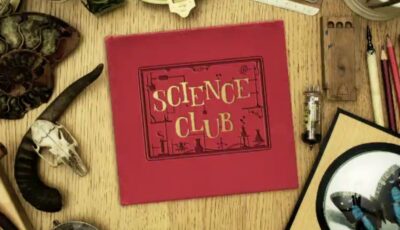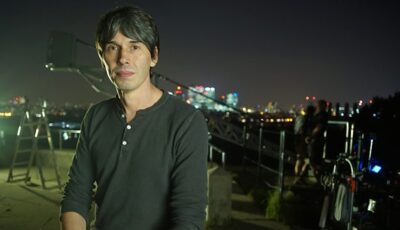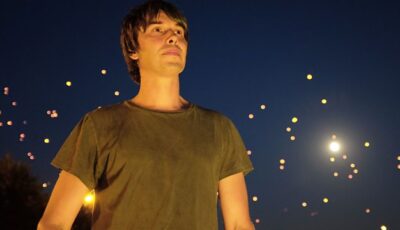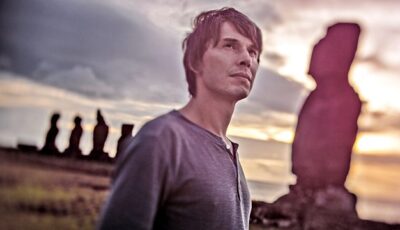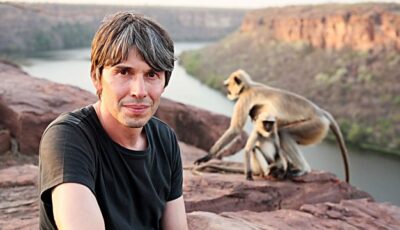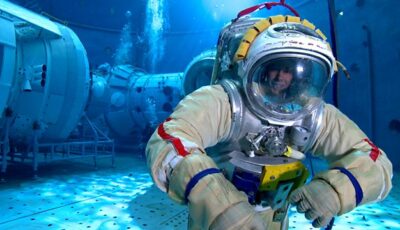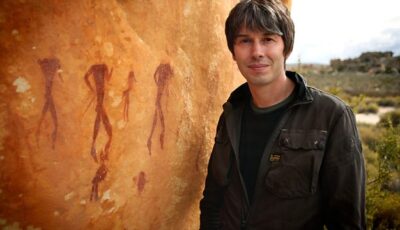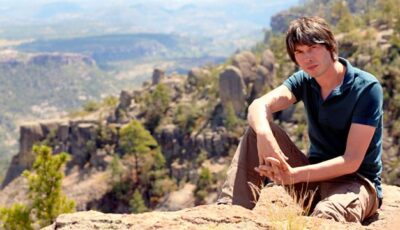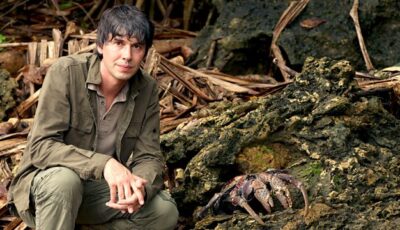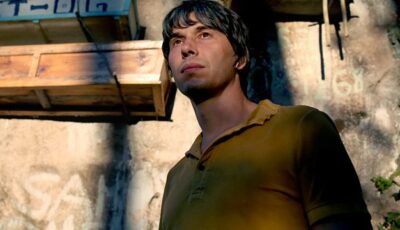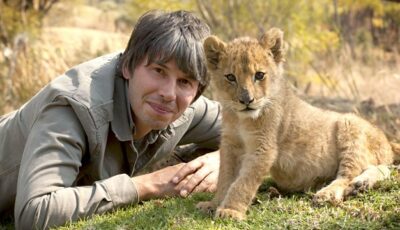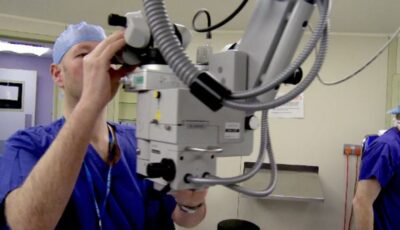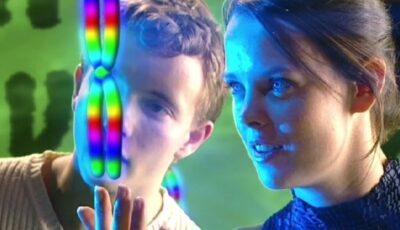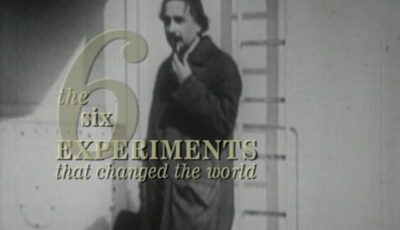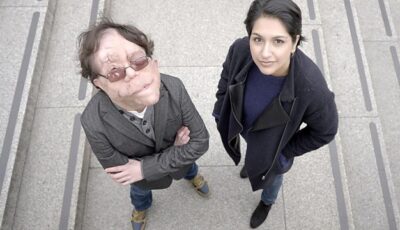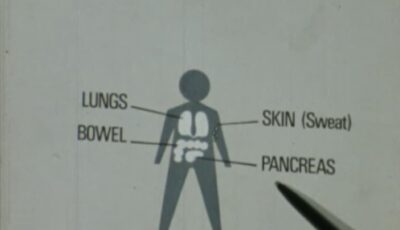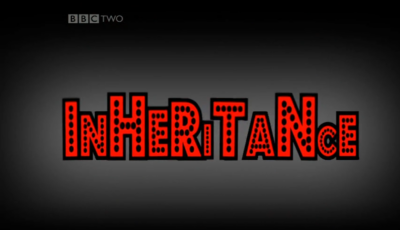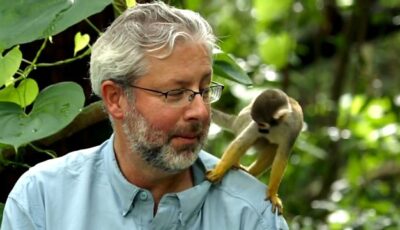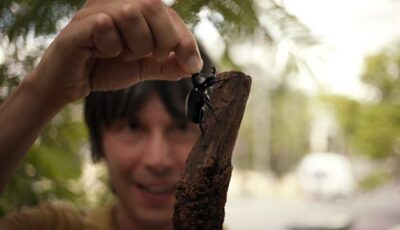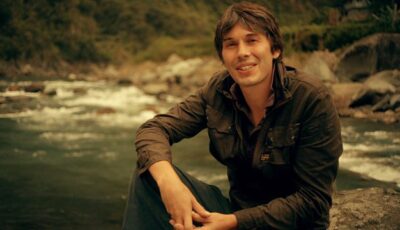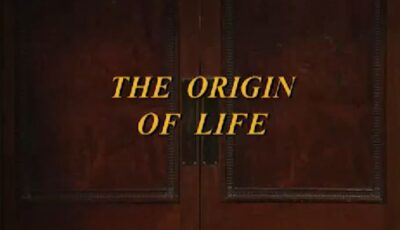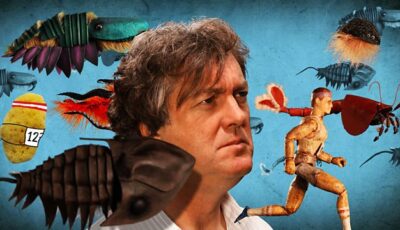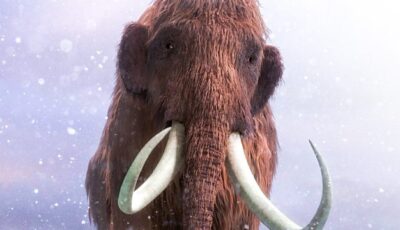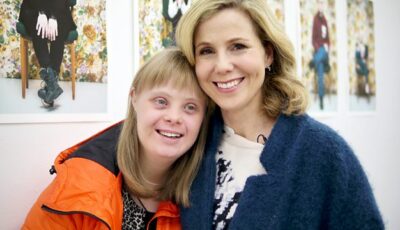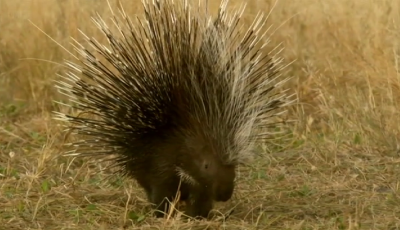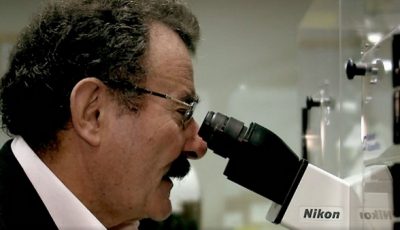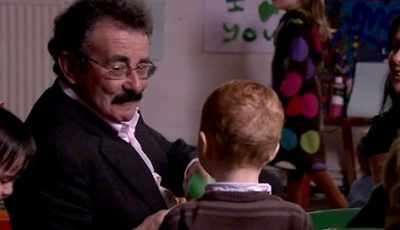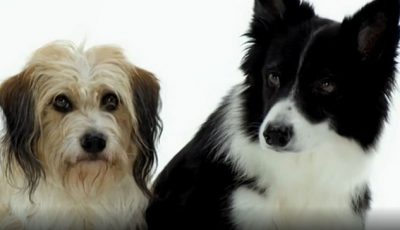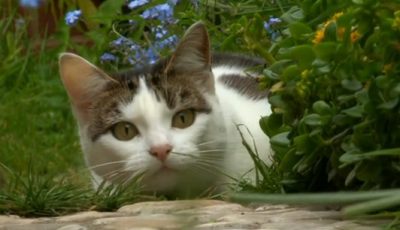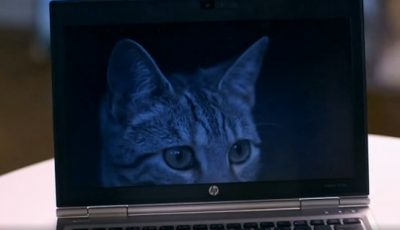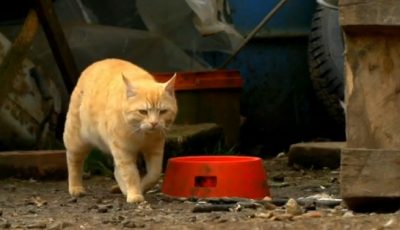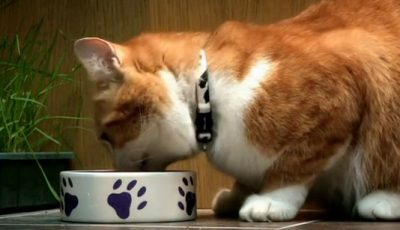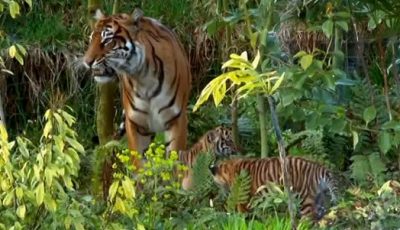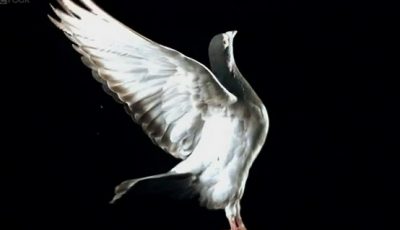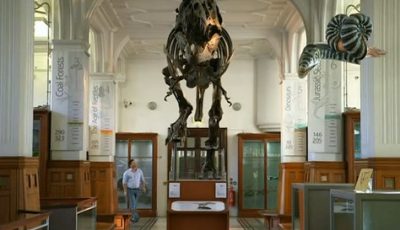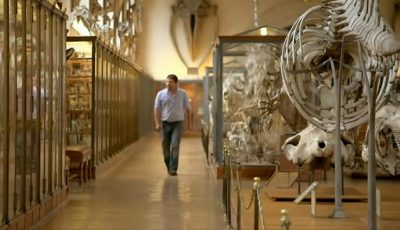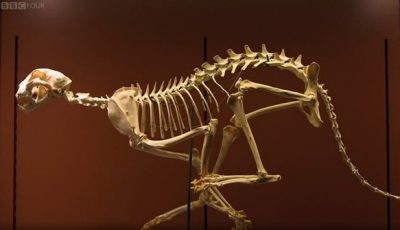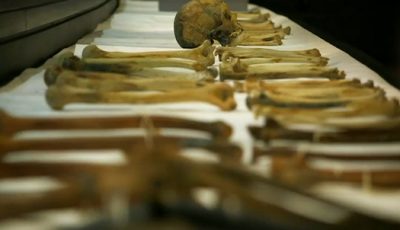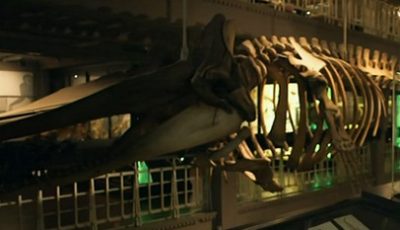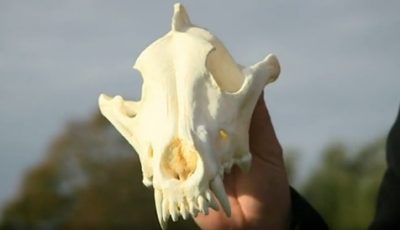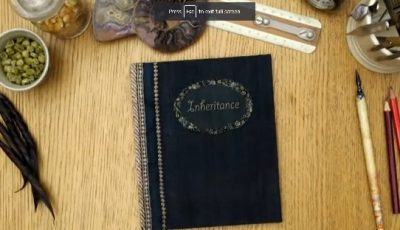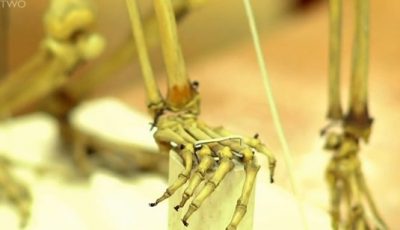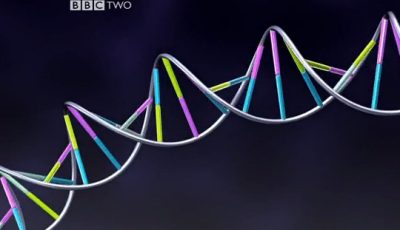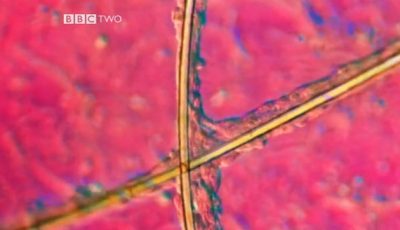Darwin and natural selection
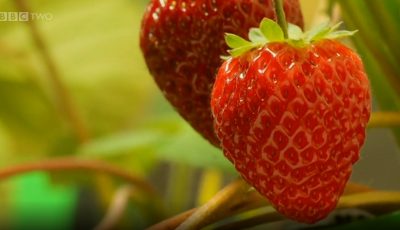
The development of artificial selection in farming | Science of the Harvest
The development of artificial selection in farming | Science of the Harvest
Stefan Gates reveals the ways in which plant breeders can speed up natural selection.

3: Life and Death | Andrew Marr on Darwin's Dangerous Idea
3: Life and Death | Andrew Marr on Darwin's Dangerous Idea
Andrew Marr discovers how Darwin's ideas are helping mankind to save life on earth from extinction. He explains Da...
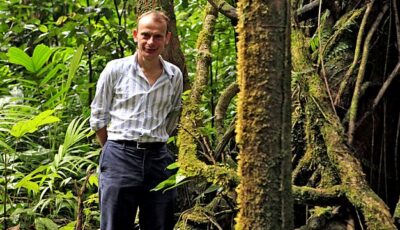
2: Born Equal? | Andrew Marr on Darwin's Dangerous Idea
2: Born Equal? | Andrew Marr on Darwin's Dangerous Idea
Andrew Marr explores Darwin's impact on politics and society, including how the theory of natural selection has been ...
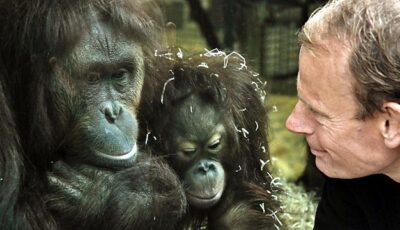
1: Body and Soul | Andrew Marr on Darwin's Dangerous Idea
1: Body and Soul | Andrew Marr on Darwin's Dangerous Idea
Andrew Marr explores how Darwin's theory of evolution by natural selection has taken on a life of its own far beyon...
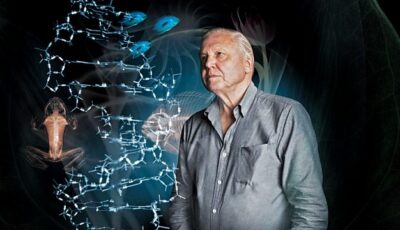
Charles Darwin And The Tree Of Life
Charles Darwin And The Tree Of Life
David Attenborough is a passionate Darwinian, and sees evolution as the cornerstone of all the programmes and series he has ever made. He...
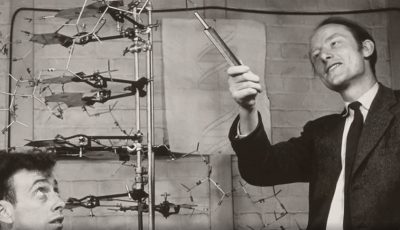
Gregor Mendel, Francis Crick and James Watson | Charles Darwin and the Tree of Life
Gregor Mendel, Francis Crick and James Watson | Charles Darwin and the Tree of Life
David Attenborough explores how the discovery of DNA provided further evidence for Darwi...
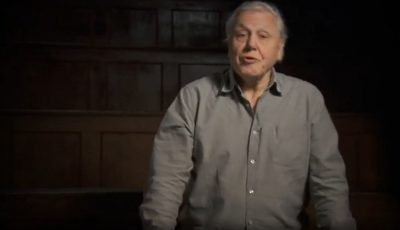
The Tree of Life | Charles Darwin and the Tree of Life
The Tree of Life | Charles Darwin and the Tree of Life
David Attenborough takes us on a journey through time from the first cells through to the complex animals that inhabit...
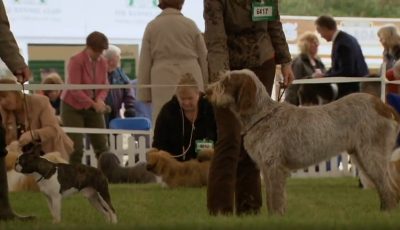
Evidence for evolution | Charles Darwin and the Tree of Life
Evidence for evolution | Charles Darwin and the Tree of Life
David Attenborough explores how the process of evolution produces such astonishing variety.
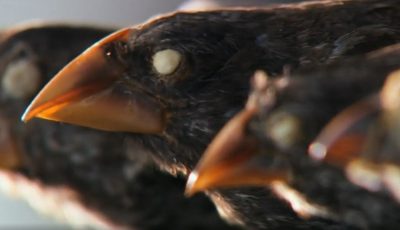
Natural Selection and Darwin's finches | Charles Darwin and the Tree of Life
Natural Selection and Darwin's finches | Charles Darwin and the Tree of Life
David Attenborough outlines Darwin's discovery of the theories of evolution and natural selection.
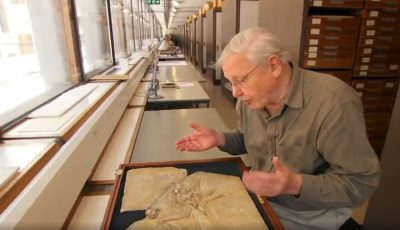
How fossils and living animals provide links between animal groups | Charles Darwin and the Tree of Life
How fossils and living animals provide links between animal groups | Charles Darwin and the Tree of Life
Passionate Darwinian David Attenborough looks at the evidence for ev...
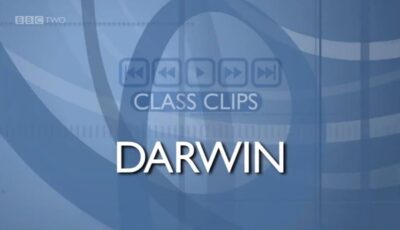
Darwin | Bitesize Secondary
Darwin | Bitesize Secondary
A selection of clips taken from BBC programmes about Darwin and evolutionary biology. The programme includes material on adaptation and natural s...
DNA, genes and chromosomes
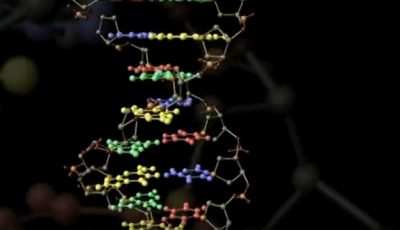
What contributions has The Human Genome Project made? | Dara O'Briain's Science Club
What contributions has The Human Genome Project made? | Dara O'Briain's Science Club
When the human genome was sequenced, it was heralded as one of the most significant even...
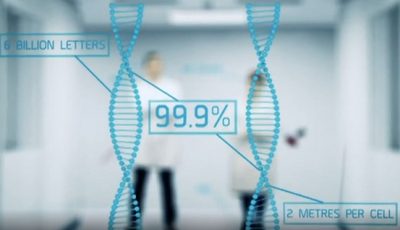
How many genes do we have compared to a banana? | Dara O'Briain's Science Club
How many genes do we have compared to a banana? | Dara O'Briain's Science Club
Dara O'Briain explores how many genes humans have in common with mice, fruit flies, and bananas.

02: Predictor | How to Build a Human
02: Predictor | How to Build a Human
A look at the veracity of scientists' claims that they are on the verge of being able to predict our futures by analysing our genes and ...
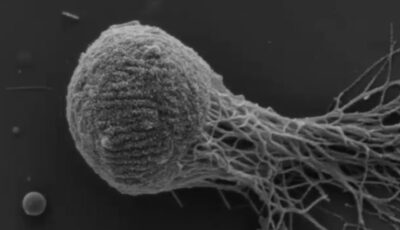
2: Unlocking the Code | The Gene Code
2: Unlocking the Code | The Gene Code
Adam Rutherford shows how decoding the human genome has led us to begin to understand the very process by which our DNA makes each one ...

1: The Book of Life | The Gene Code
1: The Book of Life | The Gene Code
Adam Rutherford explores how the entire human genome was decoded, discovering that every human carries the entire story of life on earth ...

5: What Is the Secret of Life? | The Story of Science: Power, Proof and Passion
5: What Is the Secret of Life? | The Story of Science: Power, Proof and Passion
How the secret of life has been examined through the prism of the most complex organism known...
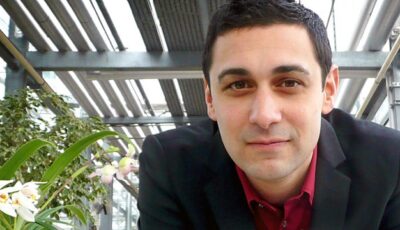
Unlocking The Code | The Gene Code
Unlocking The Code | The Gene Code
Dr Adam Rutherford takes the viewer on a rollercoaster ride as he explores the consequences of one of the biggest scientific projects of a...
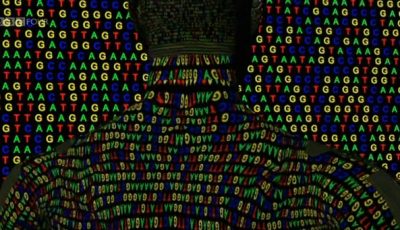
Our genetic code | The Gene Code
Our genetic code | The Gene Code
The human genome is the total of our hereditary information, the complete list of every single one of the three billion bases in our DNA.
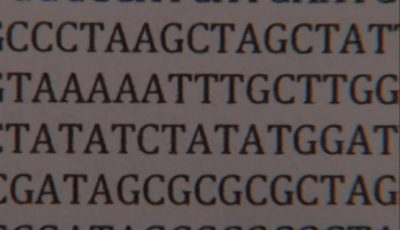
DNA Discovery | The Gene Code
DNA Discovery | The Gene Code
How does the DNA code work?
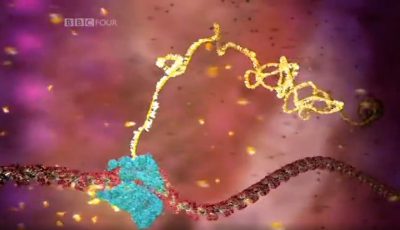
The production of proteins | The Cell
The production of proteins | The Cell
An explanation and visualisation of DNA, RNA, and the production of protein, the process at the heart of every living cell on earth.
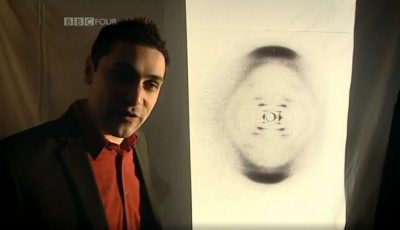
The first images of DNA | The Cell
The first images of DNA | The Cell
Adam Rutherford explains how the work of scientist Rosalind Franklin produced the first images of the structure of DNA.
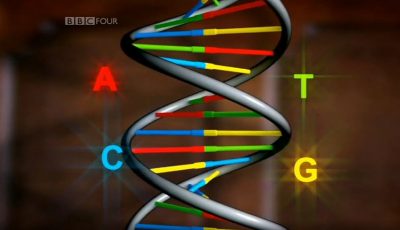
The structure of DNA | The Cell
The structure of DNA | The Cell
Adam Rutherford explains and illustrates the structure of DNA, and the way its discovery revealed the secret of how genes are reproduced when...
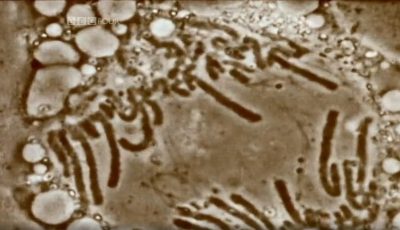
The discovery of chromosomes | The Cell
The discovery of chromosomes | The Cell
Adam Rutherford explores how scientists used better microscopes and new chemical dyes to discover and name chromosomes.

Sickle cell disease | Storyville
Sickle cell disease | Storyville
Sickle cell disease is an inherited disease, caused by a single change in the DNA sequence.
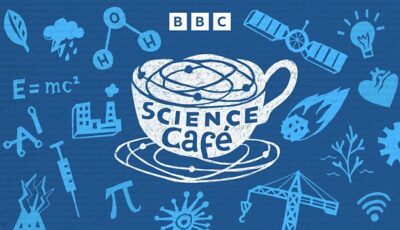
10/05/2016 | Science Cafe
10/05/2016 | Science Cafe
Adam Walton looks at the work of the National Centre for Mental Health in Cardiff, where scientists are exploring the question of whether genes aff...
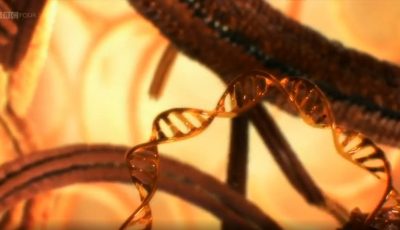
Key parts of the cell | Secret Universe: The Hidden Life of the Cell
Key parts of the cell | Secret Universe: The Hidden Life of the Cell
An amazing visualisation of the cell's structure, and how DNA works within it.
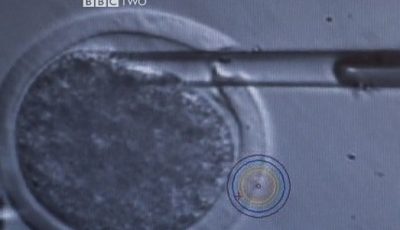
Clones | i-Science
Clones | i-Science
Daphne and Barbara are so similar because they are clones, two people who have exactly the same genetic makeup. When their mother was pregnant, her fertil...
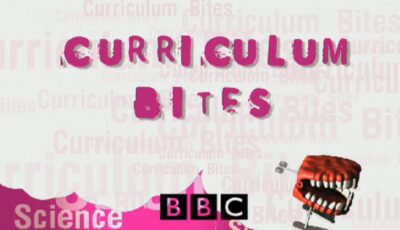
Chromosomes | Curriculum Bites
Chromosomes | Curriculum Bites
Schools science programme where topics in the double science curriculum are broken down into small chunks.
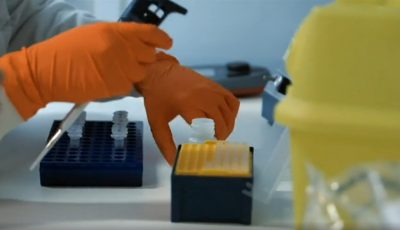
A new type of screening | A World Without Down's Syndrome?
A new type of screening | A World Without Down's Syndrome?
Sally Phillips discusses a new, and far more accurate, type of embryo screening for Down's Syndrome with the profe...

Medical attitudes to Down's Syndrome | A World Without Down's Syndrome?
Medical attitudes to Down's Syndrome | A World Without Down's Syndrome?
A mother of a child with Down's Syndrome gives a talk about problems with how the medical profession ...
Inheritance and genetic diagrams
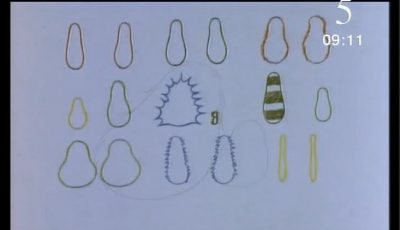
Dominant and recessive genes | Short Circuit
Dominant and recessive genes | Short Circuit
A simple, illustrated explanation of how dominant and recessive genes determine characteristics in animals.
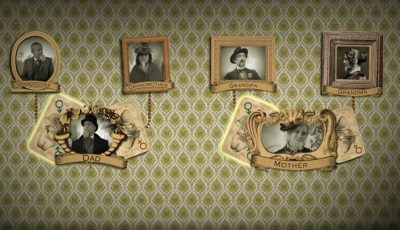
Dominant and recessive genes | James May's Things You Need to Know
Dominant and recessive genes | James May's Things You Need to Know
James May explains DNA and dominant and recessive genes.
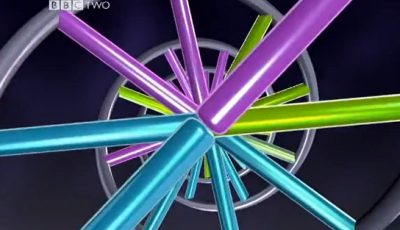
Gene therapy for cystic fibrosis | i-Science
Gene therapy for cystic fibrosis | i-Science
Spec references J247: B6.3l J250: B6.3i. An example of a genetic disease, cystic fibrosis. Someone sharing their experiences of ...
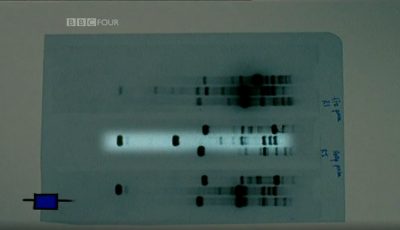
Genetic switches | The Cell
Genetic switches | The Cell
Adam Rutherford meets the scientist Walter Jakob Gehring, who worked with a team of scientists to understand genetic switches.
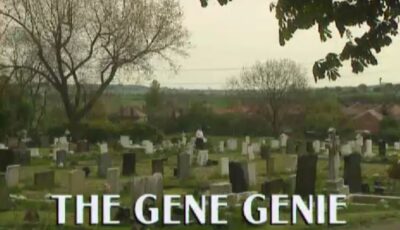
The Gene Genie | Panorama
The Gene Genie | Panorama
Jane Corbin on the race which is underway to discover the genes that determine people's suusceptibility to illness and disease. In America a ''brav...
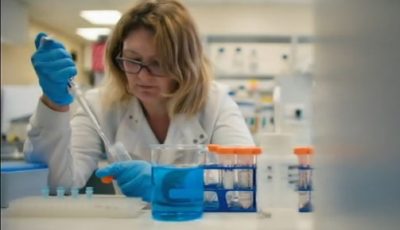
Predicting the future | DNA Family Secrets
Predicting the future | DNA Family Secrets
Geneticists can predict the future by testing for genetic anomalies that can cause inherited diseases, like huntingtons.
Selective breeding and genetic engineering
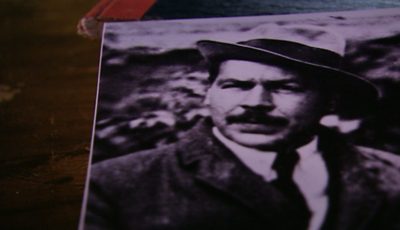
Vavilov and the first seed banks | Botany: A Blooming History
Vavilov and the first seed banks | Botany: A Blooming History
Nikolai Vavilov’s work crossing plant varieties led him to establish the first seed bank.
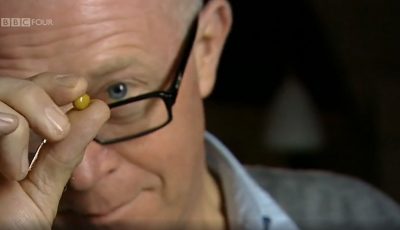
Variation, inheritance and the work of Mendel | Botany: A Blooming History
Variation, inheritance and the work of Mendel | Botany: A Blooming History
How pioneer botanists opened the door to a new branch of science - plant genetics.
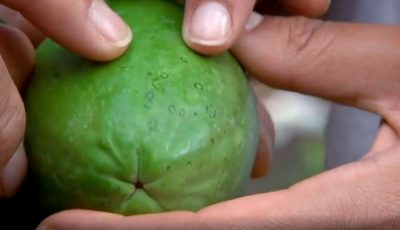
S4E6 | Bang Goes the Theory
S4E6 | Bang Goes the Theory
Liz Bonnin looks at the controversial science of genetically modified crops in Hawaii, while Dallas tries to remedy Jem's dust allergy by making ...
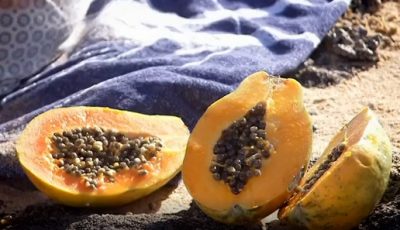
Genetically Modified Papaya | Bang Goes the Theory
Genetically Modified Papaya | Bang Goes the Theory
An examination of the need for, and the potential issues with, the genetic modification of papayas in Hawaii.
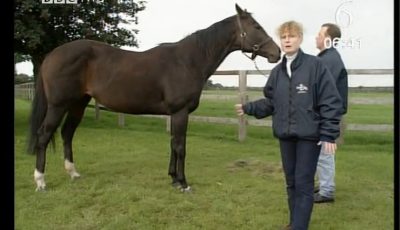
Artificial selection | Short Circuit
Artificial selection | Short Circuit
The breeding of racehorses with desirable characteristics is an example of artificial selection.

02: Predictor | How to Build a Human
02: Predictor | How to Build a Human
A look at the veracity of scientists' claims that they are on the verge of being able to predict our futures by analysing our genes and ...
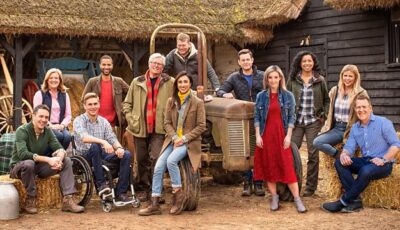
Selective breeding | Countryfile
Selective breeding | Countryfile
For thousands of years we have been selectively breeding farm animals to make them more and more productive. But in recent years there has b...

Robert Bakewell | Countryfile
Robert Bakewell | Countryfile
Adam finds out about his farming hero, Robert Bakewell. Back in the 18th century, Bakewell introduced the concept of selective breeding into fa...
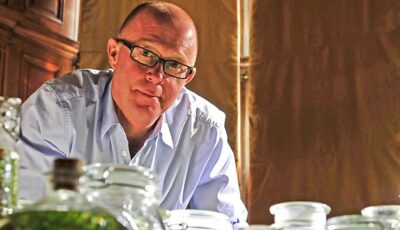
3: Hidden World | Botany: A Blooming History
3: Hidden World | Botany: A Blooming History
Timothy Walker looks at how pioneer botanists unlocked the patterns found in different types of plants and opened the door to a ...
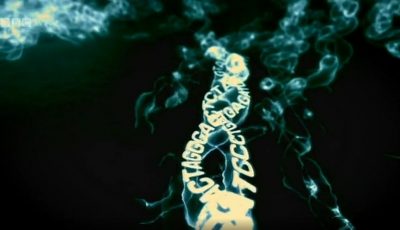
The genetic modification debate | Science Britannica - Learning Zone
The genetic modification debate | Science Britannica - Learning Zone
Brian Cox explores the science behind the genetic modification of plants, and the ongoing debate around ...
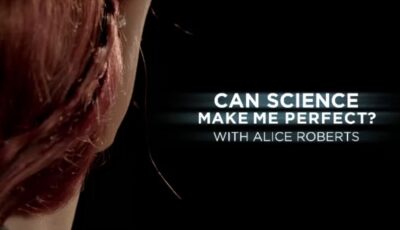
Can Science Make Me Perfect? with Alice Roberts
Can Science Make Me Perfect? with Alice Roberts
Anatomist Alice Roberts embarks on a quest to rebuild her own body from scratch, taking inspiration from the very best design...
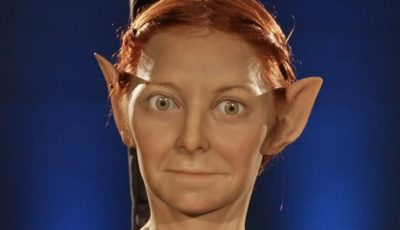
The perfect human? | Can science make me perfect? With Alice Roberts
The perfect human? | Can science make me perfect? With Alice Roberts
What evolution has provided us with is a human body that works as a whole package: you can't replace ind...
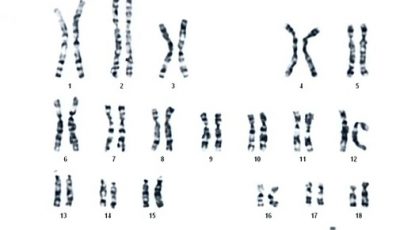
What is a gene? | The Gene Code
What is a gene? | The Gene Code
In the 1980s in Britain, the search to link diseases to specific genes began by focusing on Duchenne Muscular Dystrophy.
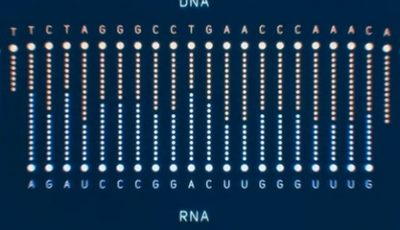
Programmable protein | Storyville
Programmable protein | Storyville
CRISPR could potentially help people with inherited diseases, such as sickle cell disease, in the future.
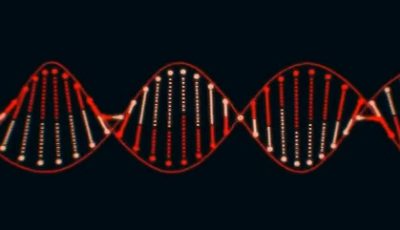
Brave New World | Storyville
Brave New World | Storyville
There are many moral and ethical concerns about the extent to which science should utilise our knowledge of genetic engineering.
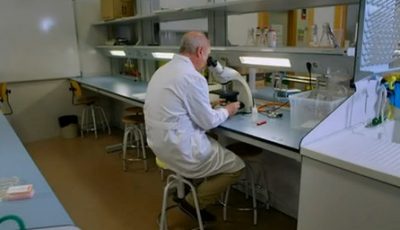
Discovering the holy grail | Storyville
Discovering the holy grail | Storyville
A yoghurt company discovered their holy grail, which just happened to be CRISPR: a microbial immune system.
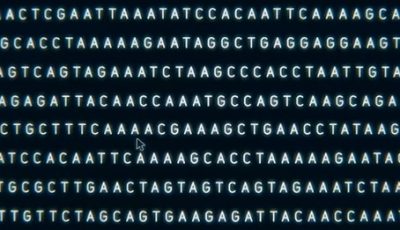
Engineering the genome | Storyville
Engineering the genome | Storyville
Gene therapy, is contoversial, complex, yet valuable science.
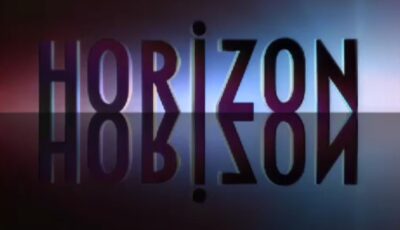
The Gene Race | Horizon
The Gene Race | Horizon
Two teams of researchers, one in US, one in UK use radically different genetic techniques in the race to find an effective treatment against cystic f...
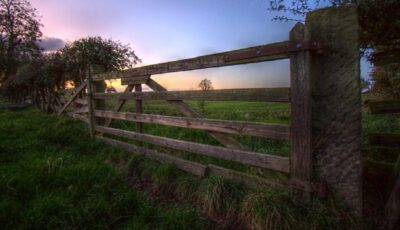
Consultation announced on gene editing | Farming Today
Consultation announced on gene editing | Farming Today
The government are going to hold a consultation in the autumn on whether to allow gene editing. Charlotte Smith hears ...

Selective breeding and the 'Green Revolution' | Botany: A Blooming History
Selective breeding and the 'Green Revolution' | Botany: A Blooming History
Norman Borlaug used selective breeding techniques to improve wheat production in Mexico. He produc...
Variation and evolution

Vavilov and the first seed banks | Botany: A Blooming History
Vavilov and the first seed banks | Botany: A Blooming History
Nikolai Vavilov’s work crossing plant varieties led him to establish the first seed bank.

Variation, inheritance and the work of Mendel | Botany: A Blooming History
Variation, inheritance and the work of Mendel | Botany: A Blooming History
How pioneer botanists opened the door to a new branch of science - plant genetics.
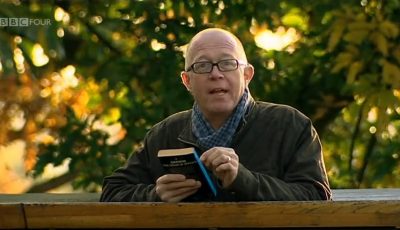
Why can we classify species? | Botany: A Blooming History
Why can we classify species? | Botany: A Blooming History
Timothy Walker explores how Darwin's Theory of Evolution influenced 19th century botanists' understanding of how an...
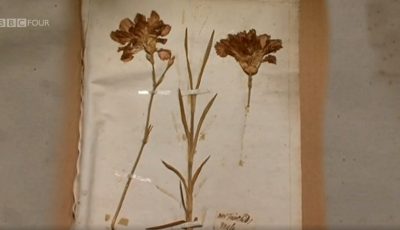
The first hybrid plant | Botany: A Blooming History
The first hybrid plant | Botany: A Blooming History
Thomas Fairchild was the first to artificially cross two plant species and produce a new hybrid plant. This brought him i...

The standardisation of names | Botany: A Blooming History
The standardisation of names | Botany: A Blooming History
Timothy Walker looks at how Carl Linnaeus came up with his new naming system for plant species, and how it set the ...
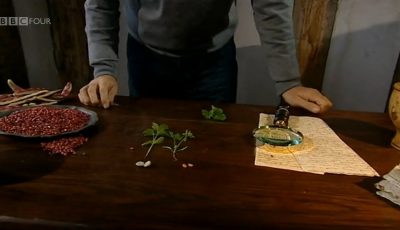
The first classification of plants | Botany: A Blooming History
The first classification of plants | Botany: A Blooming History
Timothy Walker explores the beginnings of the classification of plants.
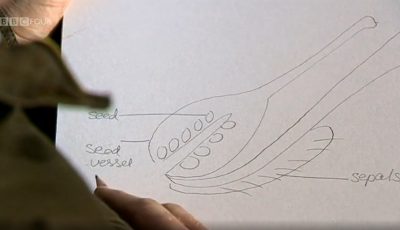
Variation and defining species | Botany: A Blooming History
Variation and defining species | Botany: A Blooming History
Timothy Walker looks at John Ray's discovery of variation, and how it formed the basis of our understanding of pl...
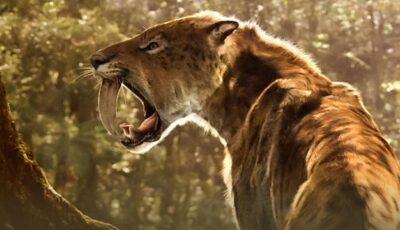
The Beasts Within | Walking with Beasts
The Beasts Within | Walking with Beasts
A look behind the scenes at the making of the series on prehistoric mammals. TV special effects show how Man's dextrous hands & expre...

Triumph of the Beasts | Walking with Beasts
Triumph of the Beasts | Walking with Beasts
The incredible story of how mammals took over from the dinosaurs as the largest, fastest and fiercest creatures on Earth.

Mammoth Journey | Walking with Beasts
Mammoth Journey | Walking with Beasts
Last in the series follows a herd of mammoths as they make their way south for winter, running a gauntlet of ice-age hunters including ...

Sabre Tooth | Walking with Beasts
Sabre Tooth | Walking with Beasts
This episode follows the progress of a Smilodon called Half Tooth. Smilodon was the largest of all the sabre tooth cats which roamed South ...

Next of Kin | Walking with Beasts
Next of Kin | Walking with Beasts
We travel back 3 million years to Ethiopia, where Australopithecus, one of the first upright apes, lived in danger of being hunted by sabre...

Land of Giants | Walking with Beasts
Land of Giants | Walking with Beasts
25 million years ago in the Oligocene Epoch lived the Indricotheres. Weighing 15 tonnes and standing 7 metres tall, they were the larges...

Whale Killer | Walking with Beasts
Whale Killer | Walking with Beasts
36 million years ago mammals ruled the world. It is in the sea, however, that the most monstrous mammals can be found.

New Dawn | Walking with Beasts
New Dawn | Walking with Beasts
The series following on from Walking with Dinosaurs. begins 49 million years ago. The world is heavily forested and birds rule the planet, pre...
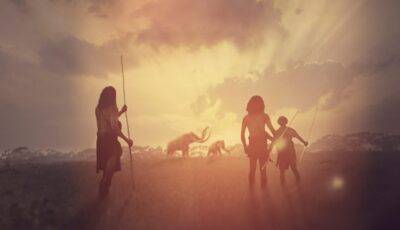
5: A Great Gamble | Human
5: A Great Gamble | Human
Around 12,000 years ago, as the Ice Age finally thawed, humanity made a dramatic shift - abandoning nomadic life for permanent settlements.
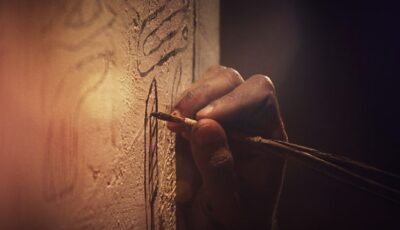
4: Discovering the Americas | Human
4: Discovering the Americas | Human
During the height of the Ice Age, one of the coldest times humanity has ever known, Homo sapiens steps into the last habitable continents...
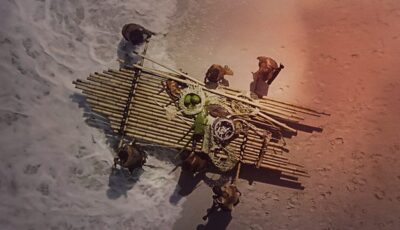
2: Into the Unknown | Human
2: Into the Unknown | Human
Following early Homo sapiens's ancestors as they step out of Africa and venture into the wider world, heading into areas inhabited by other human...

3: Last Humans Standing | Human
3: Last Humans Standing | Human
Shocking new insights into the demise of modern humans' sister species, the Neanderthals, Homo sapiens's possible role in their downfall and ...
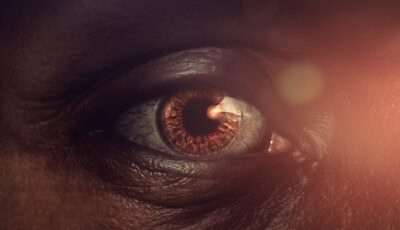
1: The First of Us | Human
1: The First of Us | Human
The extraordinary story of how the human species, Homo sapiens, first emerged, where the discoveries of recent years are revolutionising the under...

